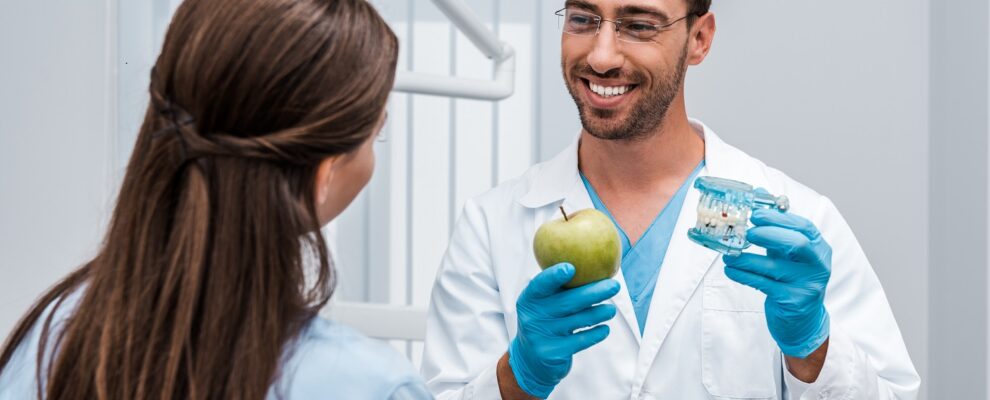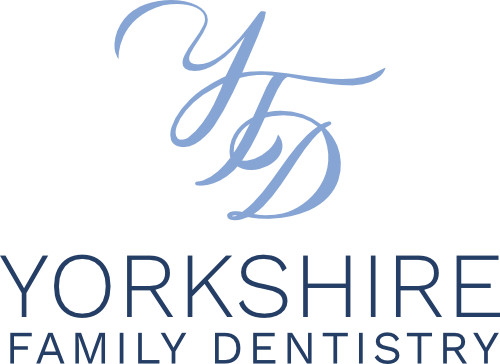Nutrition and Dental Health During Pregnancy: What Every Mom Should Know

Pregnancy is a transformative time filled with excitement, changes—and many questions about health and wellness. One often-overlooked area during this journey is nutrition and dental health. Yet, maintaining a healthy mouth during pregnancy is more important than you might think.
Hormonal fluctuations, morning sickness, and even changes in diet can affect your teeth and gums. Understanding the link between prenatal dental nutrition and oral care during pregnancy can help you safeguard both your smile and your baby’s well-being.
In this guide, we’ll explore everything expectant mothers should know about dental health during pregnancy, including what to eat, what to avoid, and how to care for your teeth and gums throughout each trimester.
Why Dental Health Matters During Pregnancy?
Pregnancy affects every system in the body—including the oral cavity. Increased hormone levels, especially progesterone and estrogen, can amplify the body’s response to plaque, making gum tissues more prone to inflammation.
This condition, often called pregnancy gingivitis, is common and usually starts around the second month. Symptoms include swollen, tender, and bleeding gums. If left untreated, it may progress into more serious gum issues, which some studies have associated with preterm birth and low birth weight.
Additionally, your baby’s teeth begin to develop between the third and sixth weeks of pregnancy, making prenatal dental nutrition essential for proper fetal tooth and bone development.
Common Dental Issues Expecting Mothers Face
Understanding the oral changes that occur during pregnancy helps you take proactive steps to prevent complications:
Pregnancy Gingivitis
Triggered by hormonal changes that increase blood flow to gum tissues
- Symptoms: Red, puffy, bleeding gums
- Preventive tip: Brush twice daily and floss once a day to reduce plaque buildup
Tooth Erosion from Morning Sickness
Frequent vomiting exposes teeth to stomach acids
- Can wear away enamel over time
- Tip: Rinse your mouth with water and baking soda after vomiting to neutralize acid
Pregnancy Tumors (Pyogenic Granuloma)
Non-cancerous overgrowths on the gums, typically during the second trimester
- Caused by excess plaque and hormonal changes
- Usually disappear post-pregnancy but may require monitoring by a dentist
Essential Nutrients for Dental Health During Pregnancy
To support both maternal and fetal health, include these nutrients in your daily diet:
- Calcium
- Strengthens developing teeth and bones
- Sources: Dairy products, leafy greens, almonds, and fortified cereals
- Vitamin D
- Helps absorb calcium and maintain bone density
- Sources: Fatty fish, egg yolks, and moderate sun exposure
- Phosphorus
- Supports healthy enamel and bone formation
- Sources: Fish, eggs, dairy, and whole grains
- Vitamin C
- Keeps gums healthy and aids in tissue repair
- Sources: Citrus fruits, strawberries, bell peppers, and broccoli
- Folic Acid
- Vital for cell growth and development, including the development of oral tissues
- Sources: Lentils, beans, fortified grains, and spinach
- Iron
- Prevents anemia and supports oral tissue health
- Sources: Lean meats, beans, and iron-fortified cereals
A balanced diet not only supports fetal growth but also reduces the risk of oral health issues for mothers.
Best Practices for Oral Care During Pregnancy
Even though pregnancy is physically and emotionally demanding, oral health shouldn’t be neglected. These daily habits can make a big difference:
- Brush and Floss Regularly: Use a fluoride toothpaste and a soft-bristled toothbrush. Brush at least twice a day and floss once to remove plaque from hard-to-reach areas.
- Rinse After Vomiting: If morning sickness is a daily occurrence, rinse your mouth with water or a mixture of water and baking soda (1 tsp in a glass of water) to reduce acidity.
- Maintain Regular Dental Visits: Let your dental provider know you’re pregnant. Most cleanings and checkups are safe during pregnancy, especially during the second trimester.
- Limit Sugary Snacks: Frequent snacking or sugary treats can feed bacteria that cause tooth decay. Opt for healthy snacks like fruit, yogurt, or nuts.
- Hydrate Well: Drink plenty of water to keep your mouth moist and wash away food particles and acids.
When to See a Dentist
While routine care is important, certain symptoms should prompt a dental visit:
- Persistent bad breath or metallic taste
- Gums that bleed excessively or look red and inflamed
- Signs of infection such as pus or fever
Dental professionals can provide guidance specific to dental health for expecting mothers and recommend safe treatments when needed.
Myths About Dental Care and Pregnancy
- Myth: Dental treatments should be avoided while pregnant
- Fact: Routine cleanings and necessary dental procedures are generally safe. Delaying care can worsen problems.
- Myth: Pregnancy always causes tooth loss
- Fact: Hormones can affect gum health, but proper care can prevent tooth loss.
- Myth: X-rays are dangerous during pregnancy
- Fact: Dental X-rays are typically safe when proper shielding is used, especially after the first trimester.
How Pregnancy Affects Baby’s Future Dental Health
A mother’s oral health can influence her baby’s dental future. Poor maternal dental hygiene may increase the risk of early childhood cavities. This is because the bacteria responsible for cavities can be passed from mother to child through saliva.
Encouraging early dental care and maintaining good habits during pregnancy sets the stage for a healthy start.
Tips for Maintaining Dental Health After Birth
Once the baby arrives, your focus naturally shifts. But continuing good oral care is essential, especially as hormonal levels rebalance and sleep routines fluctuate:
- Schedule a postpartum dental checkup
- Continue eating a nutrient-rich diet (especially if breastfeeding)
- Keep dental tools easily accessible to stay on track even with a newborn
Final Thoughts: Prioritize Nutrition and Dental Health Together
The connection between nutrition and dental health during pregnancy is powerful. By maintaining a well-balanced diet and keeping up with oral hygiene, expecting mothers can reduce the risk of dental complications—for themselves and their babies.
Good oral care during pregnancy is not only safe but essential. A dentist familiar with pregnancy and gum health can help you navigate each trimester with confidence and comfort.
FAQs
Can I get a dental cleaning while pregnant?
Absolutely. Dental cleanings are not only safe during pregnancy, but they are strongly encouraged. Due to hormonal changes, pregnant individuals are more susceptible to gum inflammation—commonly referred to as pregnancy gingivitis. Regular professional cleanings help remove plaque and tartar buildup, reducing the risk of gum disease and keeping your mouth healthy. The second trimester is typically considered the most comfortable time for dental visits, but routine care can be done safely in any trimester with the proper precautions.
Should I avoid fluoride toothpaste while expecting?
No, fluoride toothpaste remains an important part of daily oral hygiene during pregnancy. Fluoride helps strengthen enamel and protects against cavities, which is especially valuable when your diet may change or morning sickness increases acid exposure. There’s no evidence suggesting fluoride toothpaste is harmful when used as directed during pregnancy. In fact, it can play a key role in maintaining strong teeth throughout this important time.
Are dental X-rays safe during pregnancy?
Dental X-rays can be safely performed during pregnancy, particularly if there’s an urgent dental issue or infection. Dentists use lead aprons and thyroid collars to shield both the abdomen and neck, minimizing exposure to radiation. While elective X-rays may be postponed, diagnostic X-rays necessary for treatment (such as identifying cavities, abscesses, or bone loss) are generally considered safe—especially after the first trimester. Always inform your dentist if you are pregnant so appropriate precautions can be taken.
What foods should I avoid for better oral health during pregnancy?
Maintaining a healthy diet is key to supporting both prenatal dental nutrition and overall wellbeing. It’s best to limit or avoid:
- Sugary snacks and drinks, which can feed cavity-causing bacteria
- Acidic beverages like sodas and citrus juices, which may erode enamel
- Sticky or chewy foods such as caramels and dried fruits, which can linger on teeth
- Hard foods like ice or unpopped popcorn kernels, which can chip or crack teeth
Instead, opt for nutrient-dense snacks like yogurt, fresh fruit, nuts, and cheese, which support strong teeth and healthy gums.
